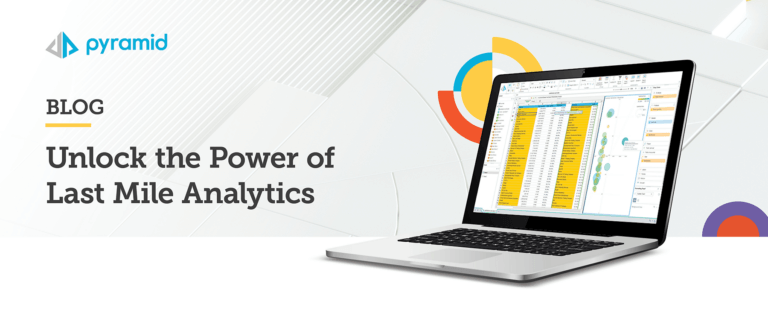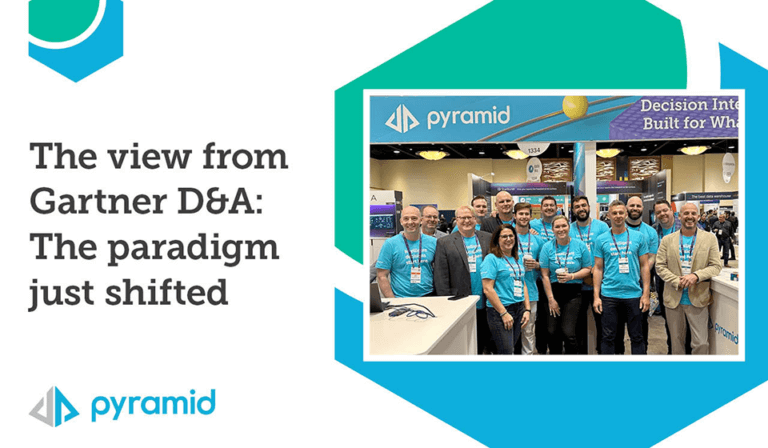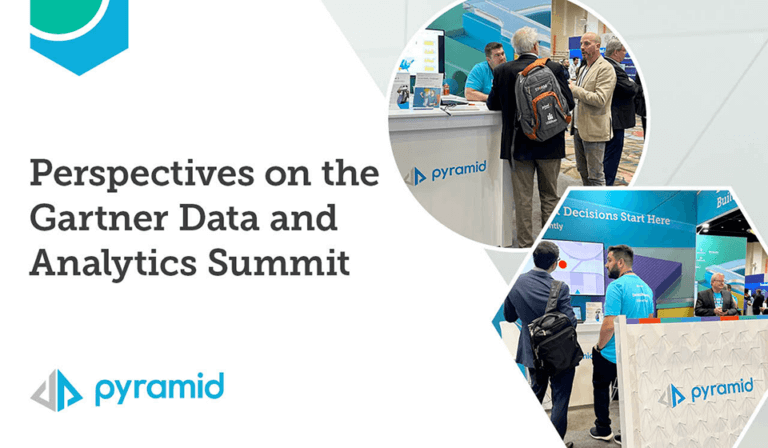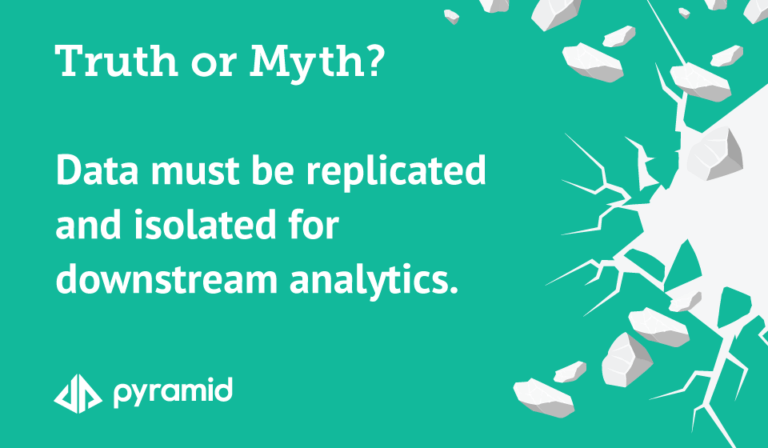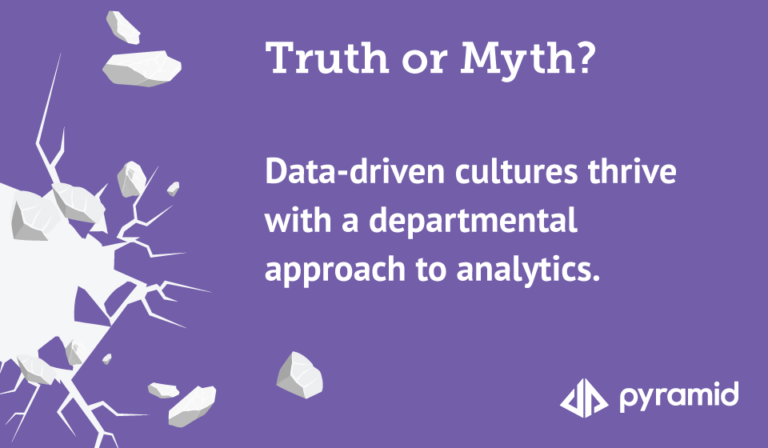Trust within a company is critical because employees must have confidence in a company’s vision, leadership and practices for the company to succeed. But business leaders too often address organizational trust as strictly a cultural concern. In reality, trust is just as often secured or disrupted by core technologies in which those leaders invest. Trust is affected by the success with which employees can use those technologies to do their jobs as well.
There Is A Connection Between Analytics And Trust
Leading companies are shifting from top-down, instincts-based decision-making to data driving decisions at all levels of the organization. AI and advanced analytics are critical elements of this evolving approach. Once these tools are widely adopted, “employees up and down the hierarchy will augment their own judgment and intuition with algorithms’ recommendations to arrive at better answers than either humans or machines could reach on their own,” Harvard Business Review describes. “But for this approach to work, people at all levels have to trust the algorithms’ suggestions and feel empowered to make decisions.”
Company leaders often don’t see their analytics infrastructure as a contributor to organizational trust. Employees, on the other hand, see this connection clearly. A 2020 global study by Accenture and the Data Literacy Project found that although 87% of employees recognize data as an asset, only 37% trust their decisions more when based on data.
There is a disconnect between the acknowledged value data can provide and the degree to which it truly helps employees. In this way, poor analytics damages both employee performance and trust. Poor analytics may also hurt employees’ perceptions about leaders’ commitment to their own personal success.
Why Trusted Analytics Is More Important Than Ever
In 2020, organizations with a sophisticated analytics strategy based on trust were best prepared to weather the disrupted economy. “In these uncharted waters … it’s not surprising that analytics, widely recognized for its problem-solving and predictive prowess, has become an essential navigational tool,” McKinsey reports. Now, “trusted analytics” is quickly becoming a best practice among business leaders looking to future-proof their companies and build confidence among their teams.
The better employees’ and leaders’ understandings of the challenges their companies face, the better equipped they will be to respond to those challenges quickly — each in their individual capacities. When we explore the connection between analytics, employee optimism and companywide performance, some best practices emerge for creating a sophisticated analytics strategy based on trust:
1. Establish Data Leaders As Outspoken Proponents Of Analytics Throughout The Organization
To begin, CDOs and other data leaders must become outspoken proponents of analytics. They must evangelize analytics trust and adoption across departments and teams, emphasizing that teams and employees can leverage critical insights when facing their own challenges. Employees who see senior leaders aligning themselves with their individual challenges will become more invested in the success of new analytics initiatives. This focus on solving problems will firm up trust in company leadership as well.
2. Create An ‘Analytics Center Of Excellence’ With Clearly Articulated Goals And Processes
Data leaders should create an inclusive “analytics center of excellence” that brings together disparate parts of the business. In this way, they can begin building a shared culture of trust that bridges seemingly impenetrable organizational silos. The analytics center of excellence should be inclusive of IT but accessible and understandable for all employees. It should reiterate data leadership’s focus on the success of individual employees and teams as well.
3. Implement Comprehensive Data Literacy And Training Programs
All company leaders should emphasize the importance of data literacy and analytics training, highlighting the connections between those initiatives and individual success. Expanding data literacy and training ensures all employees “speak the same language” when discussing insights and analytics technologies as well. This in turn ensures that a culture of trust around analytics takes hold.
4. Appoint A Neutral Analytics ‘Ombudsman’ Who Investigates Data Integrity On Behalf Of Users
Appoint an independent analytics “ombudsman” whose only goal is to verify analytics integrity on behalf of employees. When someone advocates for employees in their use of analytics, employees are more likely to visualize and maintain a culture of trust in companywide analytics initiatives. Companies with established trust in analytics enjoy more opportunities and greater capacity for value-adding activities.
Conclusion: Our Collective, Data-Driven Future
2020 has shown us that stunning innovation and total upheaval can both happen in the blink of an eye. The difference between the two stems from the foundation companies establish for themselves before disruption arrives.
Across industries, we’ve known for years that advanced analytics is the future of business. Now it’s clearer than ever: Advanced analytics is about more than the bottom line. It’s about the individual success of each employee as well. The sooner business leaders acknowledge this connection, the more likely they are to build the resilient companies we need to face down future disruptions.
This post was originally published on Forbes.com, October 8, 2020.







